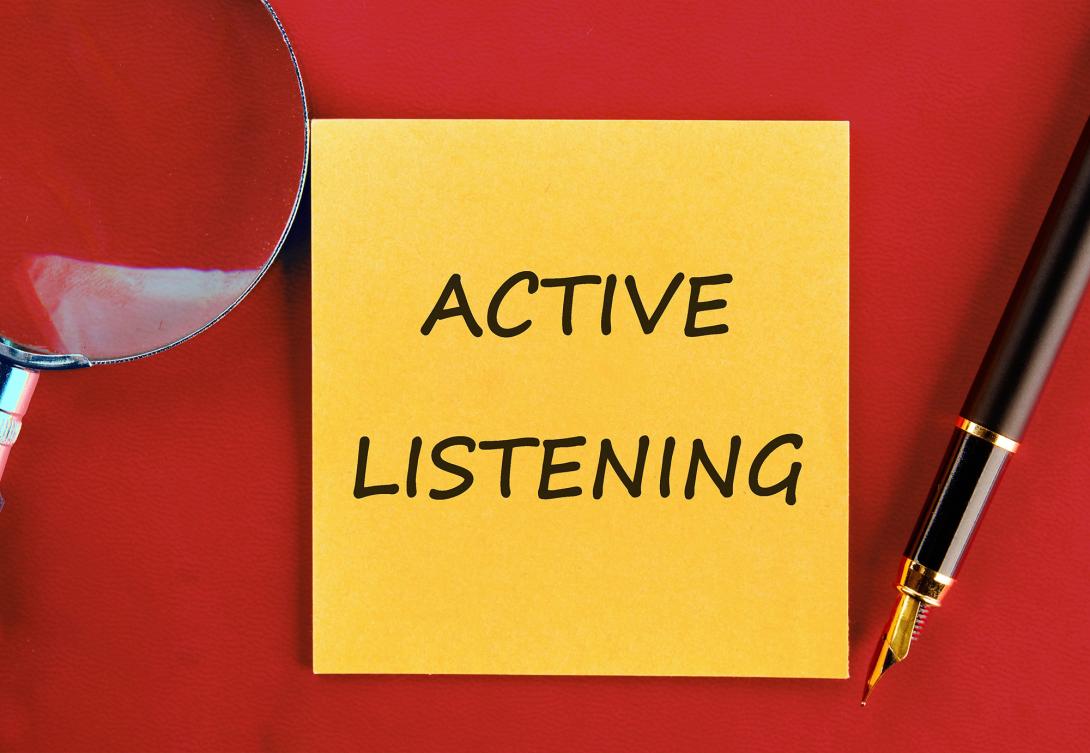Disruptive By Design: The First Step Toward Better Public Speaking Is Listening
As a young airman, I was afraid to have an audience’s attention, so public speaking was difficult. It seemed like a critical situation, and I wanted to do my best, but I would get lost in my head, afraid to make a mistake. My focus was not on my audience or on the information I was giving them; it was on me.
It took me too long to realize that I was placing more importance on myself than the information I was providing and the people I was speaking to. I finally had an ‘aha moment,’ and I was forced to come out of my shell. The success and failure of the project I was leading depended on my ability to speak.
Once my focus kicked in, everything went well, but most importantly, I realized a change in my speaking ability. If you struggle with speaking, start with talking about your work. Working at Headquarters, Pacific Air Forces comes with the perk of having high-profile visitors at our work centers at least several times a year. Some of my airmen struggle with the stress of briefing these VIPs. One thing I do to try and calm their fears is to remind them that they are talking about the work they conduct every day. If you can’t talk about what you know the most, then you will struggle to talk about everything else.
Talking about yourself, your shop and what you do teaches you to own the information you are disseminating and allows you to expand from there. Organizing your words is another vital step as well. Before I go into speaking engagements, even if it’s low-threat, I write a brief outline.
In addition, active listening is a fundamental skill taught in leadership courses to connect with people and build trust. Before you talk to someone, it may be more valuable to hear what they have to say first. As a supervisor, I am required to conduct feedback sessions with the people I oversee. When I first started doing these sessions, it felt like it was me talking at my airmen about what was expected of them. While providing expectations is a critical part of feedback sessions, it took up most of my scheduled time. I would leave those sessions feeling like maybe they understood me, but I didn’t really understand them that well.
I realized that if I didn’t understand them, then there was no real way for me to know if they were listening to me. I adapted my style to allow more time to listen to their perspective, and I noticed an immediate and positive difference in how I was received.
To truly excel in communication, whether it be speaking, listening, writing or reading, the key is to shift the focus away from ourselves and onto the people with which we are engaging. It’s not about perfect performance, but about effectively sharing information and building meaningful connections. By practicing these skills, not only do we improve as individuals, but we also strengthen the teams we are a part of. The ability to communicate well is not just a tool for success—it’s a bridge to understanding, collaboration and growth.
So, whether you’re leading a briefing or sitting down for a feedback session, remember that mastering these foundational skills will enhance both your personal and professional journey. Embrace the discomfort and let each conversation be an opportunity to learn, grow and connect.





Comments